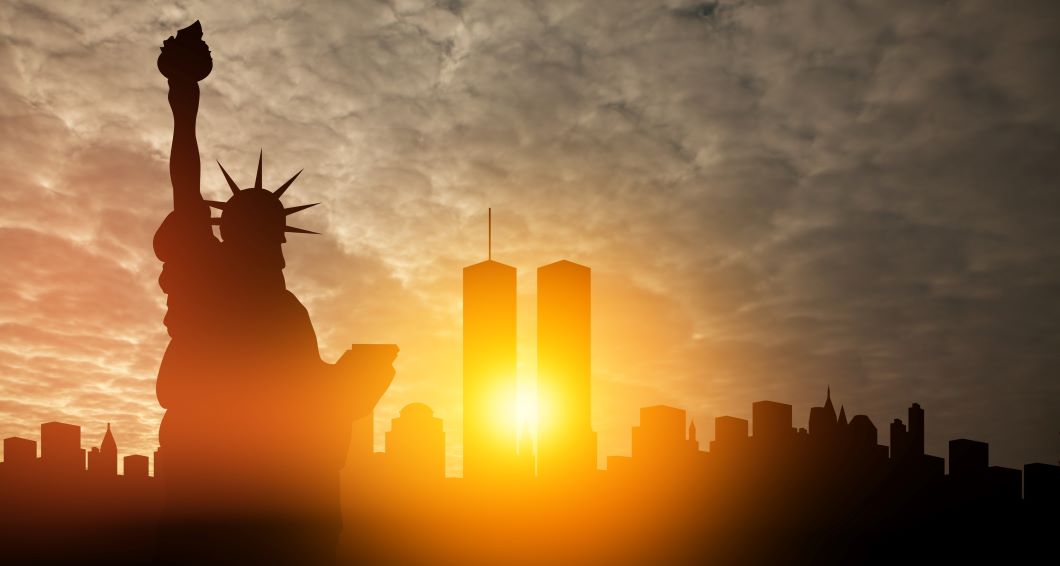
By Dave Workman
Editor-in-Chief
In the hours following the terrorist attack of Sept. 11, 2001, as government bureaucrats and security experts began pushing ideas for additional steps at the nation’s airports to prevent more such incidents, the Citizens Committee for the Right to Keep and Bear Arms put forth a suggestion that many Beltway insiders apparently didn’t want to hear.
Today we mark the 23rd anniversary of that terrible day.
CCRKBA Chairman Alan Gottlieb called for the arming of commercial airline pilots as a last line of defense against terrorist madmen. Not surprisingly, others offered the same suggestion, including the then-president of the Air Line Pilots Association, Capt. Duane Woerth, who has long since retired. He called on Congress for legislation and the response was HR 4635, known as the Young-Mica bill. When there was resistance, CCRKBA took the gloves off in its criticism, and cheered when then-Undersecretary of Transportation John Magaw stepped down following passage of the bill. He had been an ardent opponent of the armed pilot program.
Since that terrible day 23 years ago, much has happened in the realm of commercial airline travel, with improvements to security, but also some missteps. However, the date is now a federally-recognized National Day of Service and Remembrance, adopted in 2009.
At the time, Gottlieb supported Woerth’s efforts with a public statement, “Capt. Woerth has the right idea, and certainly the more relevant perspective on guns in the cockpit than some career federal bureaucrat. We join him in calling on Congress to pass that legislation.”
It was a bright late summer morning when extremist Islamic terrorists commandeered four commercial aircraft—United Flight 175, American Airlines Flight 11, American Airlines Flight 77 and United Airlines Flight 93—crashing the first two into the Twin Towers of New York City. Flight 77 was crashed into the Pentagon and the fourth aircraft, Flight 93, crashed into a Pennsylvania field when passengers fought back to prevent the terrorists from completing their mission. As recalled by a story in the Palm Springs
Desert Sun, 2,977 people including firefighters, police officers, members of the military and innocent citizens lost their lives, and the United States entered a new reality.
There was resistance to the armed pilots program, but it eventually became a reality. All participants are volunteers.
The federal air marshals program was beefed up, with ample publicity, but the resistance to arming pilots was surprising and disappointing. After all, the concept made perfect sense. While there might not be armed air marshals on every flight, there are definitely pilots in every plane. Flight deck security was also improved.
Airport security has improved, and the Transportation Security Administration has expanded with thousands of officers conducting checks at every airport in the country.
What happened that day also had another result which was not directly related to airports or flying at all. Because of the threat of terrorism on American soil, anecdotal evidence suggests many people bought guns for the first time. Who knew what was yet to happen?
Today, there are young adults for whom 9/11 isn’t even a memory, but just a date in the history books. They are the new Baby Boomers, a generation which came along years after Pearl Harbor. But the events of Sept. 11, 2001 reminded all Americans that as a nation, we cannot afford to let down our guard.
The past 3 ½ years of increased illegal immigration has included reports of known or suspected terrorists apprehended in the U.S.
It all comes down to the hard fact that it can happen again.



